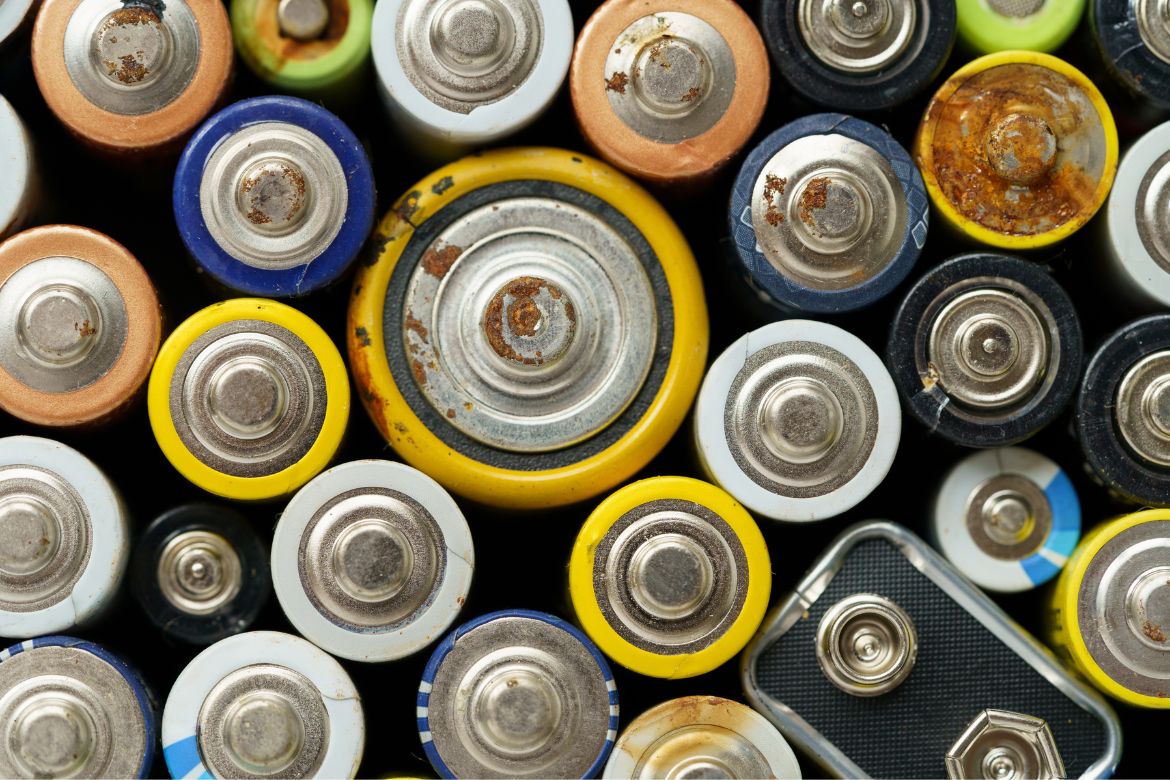What To Remember When Disposing of Old Batteries
People use batteries to power all sorts of modern applications. Everything, from automobiles to heavy machinery and boats, uses batteries for power. They must be disposed of properly once their cells have depleted.
Improperly disposing of batteries can negatively affect the environment and human health. Here’s what to remember when disposing of old batteries.
Take the Proper Precautions
Many types of batteries can create electric sparks if the terminals are connected. This issue can cause a fire or chemical leakage if the batteries aren’t carefully managed during disposal. Even dead batteries should be treated as potentially hazardous since the cells contain electrolytes that can irritate or burn the eyes and skin.
Lithium-ion batteries are especially dangerous because they can overheat, even after being depleted. They can be a significant hazard if thrown away or improperly discarded. Cover the terminals in tape or use a sealed bag made for E-waste to ensure proper safety when disposing of batteries. Some recycling centers will send you disposal containers if you reach out.
The Type of Battery Matters
Batteries have many different applications, so you can’t dispose of them in the same way. You can toss household batteries made of zinc or alkaline into the trash once depleted. Never throw large batteries for automobiles, boats, or heavy equipment in landfills. Solid-state batteries are common but can short-circuit and overheat faster than lithium-ion cells.
You’ll have to take other types of batteries to a certified hazardous waste disposal facility. Carefully check local guidelines before disposing of anything that could be potentially hazardous. You’ll need to know some tips for disposing of your old marine battery when you get a new one. In some cases, you can return it to the seller for proper disposal.
Find a Certified Recycling Center
You can dispose of old batteries at many locations without additional fees or costs. Depending on your situation and local regulations, you may need a certified handler capable of disposing of old cells properly. These organizations can safely extract harmful materials and reuse them for new cells.
Chain stores such as Lowes, The Home Depot, and Best Buy will accept many different types of batteries for disposal. For larger, industrial-sized batteries, you may need to find a verified recycling center with established processes capable of adequately handling the materials.
Get Rid of Old Batteries Quickly To Avoid Degradation
Regardless of their use, old batteries will degrade almost immediately, posing a danger to your health. Heavy metals, corrosive chemicals, and the potential for fire are just some things to look out for.
Knowing what to remember when disposing of old batteries will ensure you get rid of them promptly to avoid unwanted risks to yourself and others.

